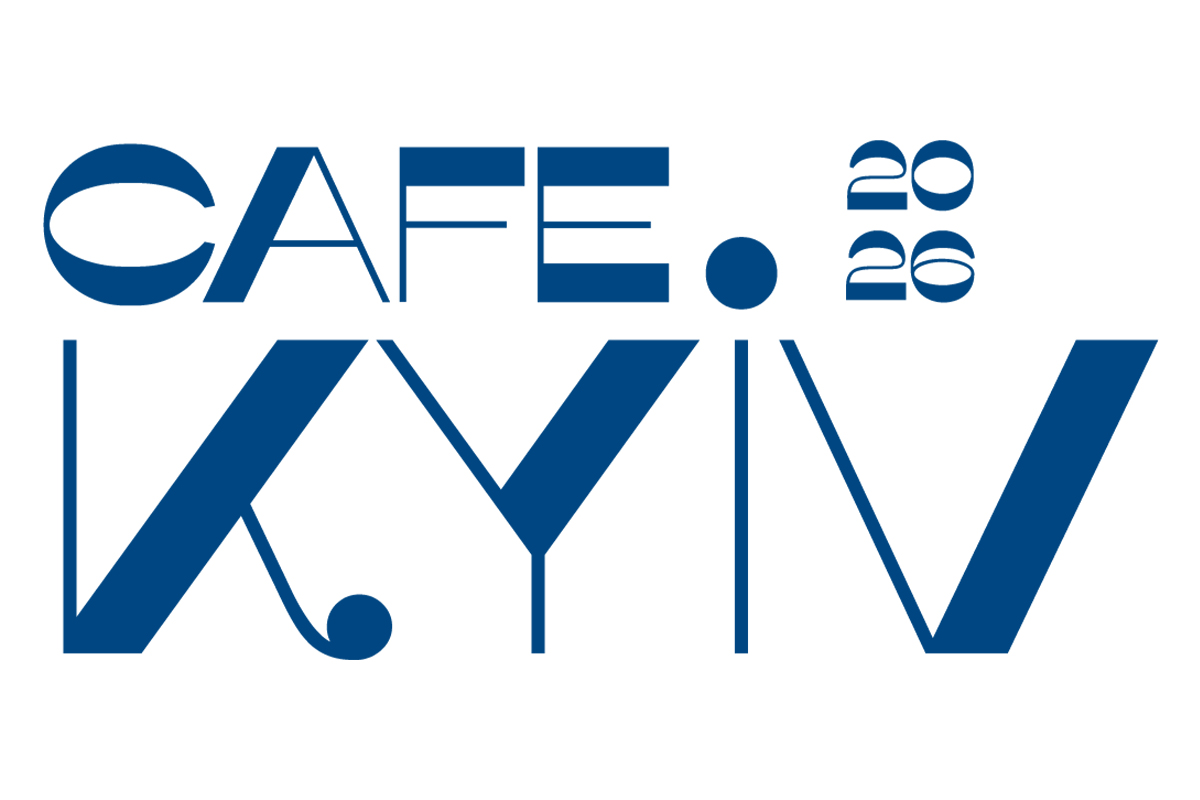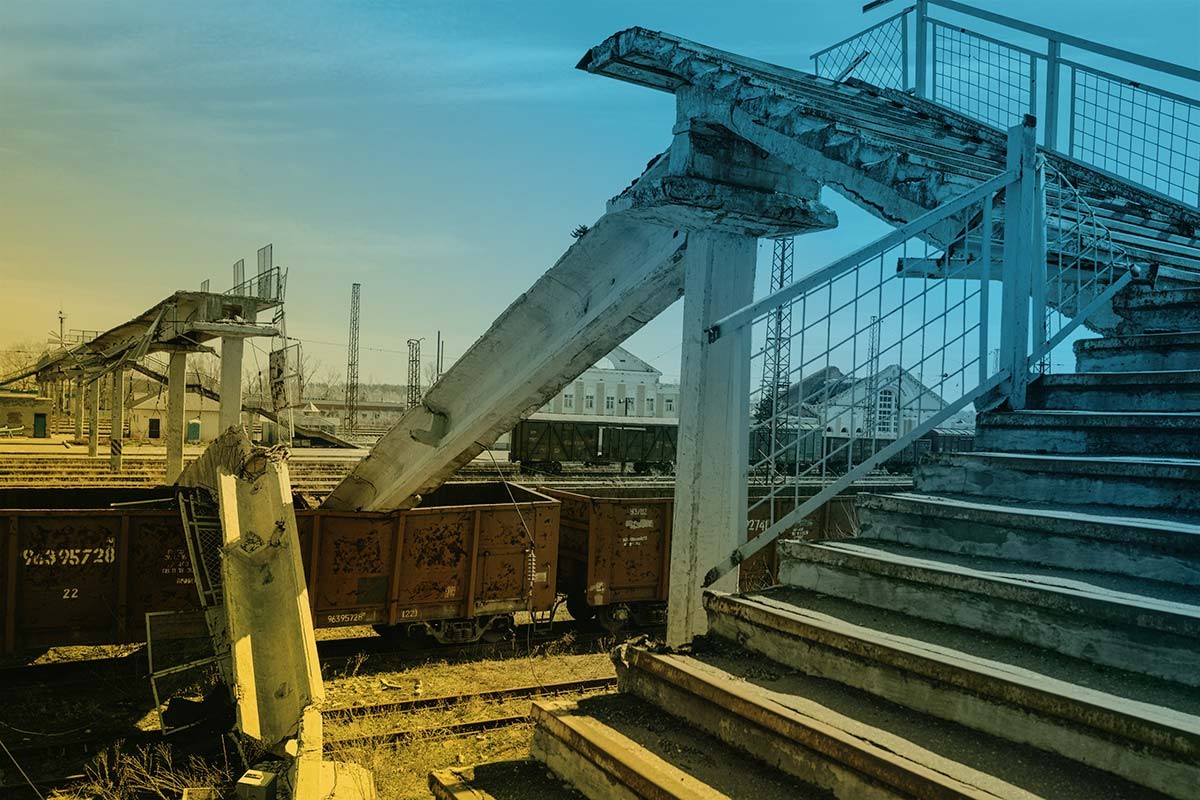Review of the conference: “Rethinking Liberalism, Renewing Democracy”.

Liberal democracy is under pressure worldwide. At our conference “Rethinking Liberalism, Renewing Democracy” on 24 November in Berlin and online, we discussed with international guests from academia, politics, think tanks and business how liberalism and liberal democracy must evolve in order to sustain.
Liberal democracy is under pressure worldwide. It is threatened from the outside by aggressive authoritarian regimes. The Russian war of aggression on Ukraine is only one example. Domestically, populist movements and parties are challenging democracies, as are climate change, digitalisation, global pandemics, increasing inequalities and migration.
Liberalism as a broad way of thinking forms the basis of liberal democracies as we know them. Democracy and liberal democracy are almost synonymous today. Liberalism has created freedom of expression and assembly, equal rights for all and an international order governed by law. But liberalism has fallen on the defensive.
Reason enoughto discuss the future of liberal democracy and liberalism. To this end, the Centre for Liberal Modernity invited to the conference “Rethinking Liberalism, Renewing Democracy”. More than 20 speakers took part, and more than 200 guests followed the discussions and lectures online and in person.
Liberal democracy is under pressure
Anna Hofmann from the ZEIT-Stiftung Ebelin und Gerd Bucerius opened the conference. With words from liberal thinker and sociologist Ralf Dahrendorf, she reminded the audience that freedom always goes hand in hand with responsibility and that people need the means to use their freedom.
Ralf Fücks, Executive Director of the Centre for Liberal Modernity, introduced the challenges for liberalism and liberal democracy, which has been in retreat worldwide since 2005. This “democratic recession”, it is getting closer and closer to us. Some, like Timothy Garton Ash, even speak of an “anti-liberal counter-revolution”. There are many reasons for this. Liberalism has been very successful, but perhaps a little too confident of victory. The very successful political, economic and cultural modernisation thrusts of the second half of the last century have produced winners as well as losers — and it is above all these who are now rebelling against liberal democracy.
Liberalism can counteract this in various ways. It must be prepared to take the perspective of the losers of modernisation seriously, and it must meet the need for security in times of rapid change.
Self-criticism and security in times of change are important
The opening panel then took a broad, international look. How has the turning point of the Russian war of aggression changed the world and Europe? Ralf Fücks discussed with Tanja Börzel, professor at the Free University of Berlin, Pavlo Klimkin, the former Ukrainian foreign minister, Slawomir Debski from the Polish think tank PISM, and Thomas Kleine-Brockhoff from the German Marshall Funds of the United States.
While the panellists agreed that the turn of an era was an epochal change, they disagreed on the solutions. There seem to be, as the later discussant Karolina Wigura noted, different kinds of fears in Eastern and Western Europe. In the East it is the fear of annihilation by Russia, in the West economic fears or those of nuclear war are more present.
Liberal World Order — The New Role of the State — “Rethinking Liberalism”
In the afternoon, the participants discussed in three workshops. One focused on saving the liberal international order. Jana Puglierin from ECFR, Thorsten Benner from GPPI, Nicolas Tenzer from Science Po / Desk Russie, moderated by Judy Dempsey from Carnegie Europe, discussed. A second workshop focused on how the role of the state is changing as it faces more and more transformation challenges and unforeseen world events such as global pandemics. Jan Schnellenbach, professor at the BTU Cottbus, and Dieter Schnaas, editor at Wirtschaftswoche, discussed under the moderation of Thieß Petersen from the Bertelsmann Foundation. In the third workshop, Jan-Werner Müller from Princeton, Sabine Döring from the University of Tübingen and Karolina Wigura from Kultura Liberalna — authors of the volume “Liberalismus neu denken. Liberal Answers to the Challenges of Our Time” — moderated by Annett Witte, Friedrich Naumann Foundation for Freedom, what answers liberalism as a broad current of thought can give to the democratic recession.
A contemporary liberalism
So what might a contemporary liberalism look like? Ralf Fücks discussed this on the closing panel with Gesine Schwan from the Governance Platform, Michael Zürn from the Science Centre Berlin, Claus Dierksmeier from the University of Tübingen and Mathias Risse from Harvard University. They first agreed that liberalism is a broad current of thought that deeply affects the way we live. Therefore, discussions about a contemporary liberalism are necessarily broad, and many aspects are controversial. However, there was agreement that a contemporary liberalism must not overstretch its claim and that it must provide concrete, tangible answers for people’s lives. Only in this way can it win the hearts of the people.
And the future? It still holds a number of challenges, but not only the familiar ones — from climate change and digitalisation to systemic conflict with authoritarian powers. Innovations in biotechnology are on the rise and, like ever more advanced artificial intelligence, raise the question of what it means to be human and what freedom means today and tomorrow. So the discussion continues, also at future events of the Centre for Liberal Modernity.
It is sponsored by the ZEIT-Stiftung Ebelin und Gerd Bucerius.

If you have any questions, please contact Rainald Manthe (rainald.manthe@libmod.de).
![]()
Did you like thike this article? If yes, you can support the independent editorial work and journalism of LibMod via a simple donation tool.
We are recognized as a non-profit organization, accordingly donations are tax deductible. For a donation receipt (necessary for an amount over 200 EUR), please send your address data to finanzen@libmod.de
Related topics
Newsletter bestellen
Stay tuned with our regular newsletter about all our relevant subjects.





